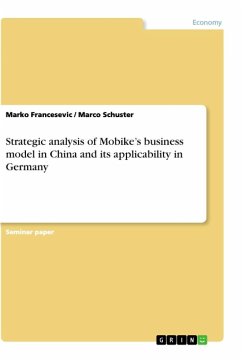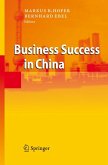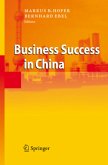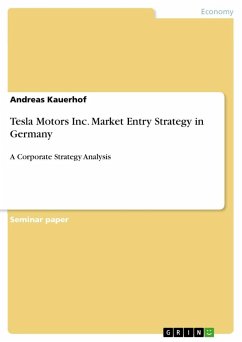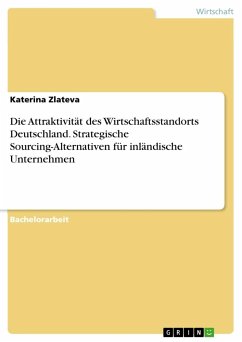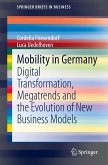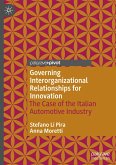Seminar paper from the year 2017 in the subject Business economics - Company formation, Business Plans, grade: 1,0, Copenhagen Business School, language: English, abstract: Innovative and resource saving mobility offers are needed in times of urbanization, climate change and an increasing scarcity of resources. Car2Go and BlaBlaCar are some of those companies that disrupted the traditional mobility market over the last years. Another example is the Chinese bike rental company "Mobike", which provides users with flexible, on-demand and nearby access to mobility through a large fleet of bicycles that are distributed across the largest cities in China. The company's usage of the newest IoT (Internet of Things) technologies and a large amount of funding have resulted in a massive expansion across China, Singapore and just very recently UK in just 1,5 years. It also resulted in a replacement of traditional transport modes, such as the car, as the primary mode of transportation. Thus, one can say that Mobike and its many competitors help to transform Chinese megacities in a less polluted and more liveable area. All of those mobility disruptors, named before are based on the principle of "sharing economy". Its most important characteristics are access over ownership and collaborative consumption. Recent social, demographic and political changes in Germany have made mobility schemes based on the "sharing economy" a potential option to traditional transport modes. As climate change and the resulting need to lower emissions is not only a Chinese issue but a global one, it is only fair to ask whether the business model of Mobike can be applied in the German market. Hence, this paper aims to answer the following question: Is the business model of Mobike applicable in the German market?

